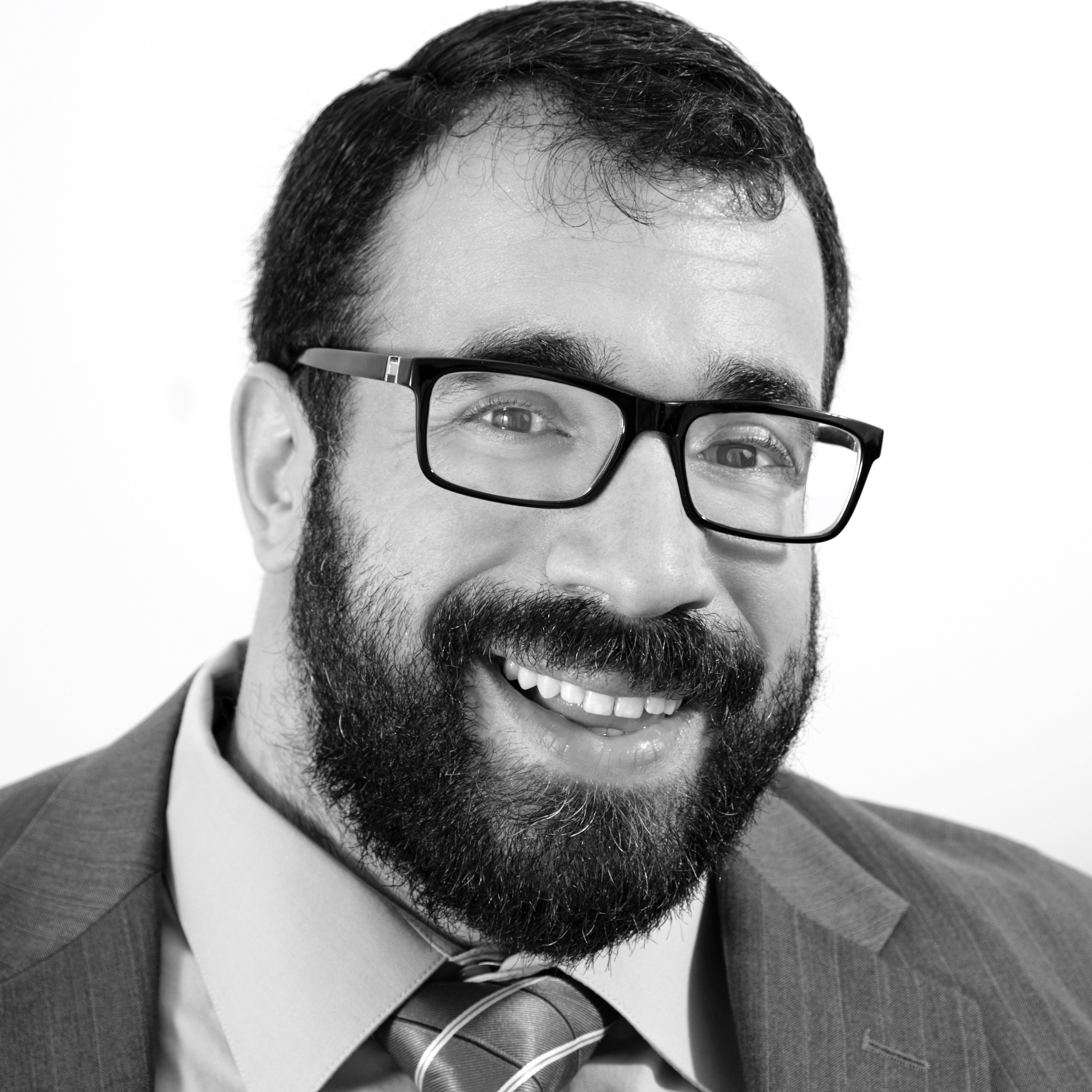 Photo from Pexels
Photo from Pexels Many of us spend time leading up to the High Holidays helping congregations and organizations prepare to fully respectfully welcome Jews with disabilities into our communities and rituals. Most of the training is good, and the organizations are almost always earnest. Hence, we can get really optimistic and expect that everything needed will be implemented. And yet, as much as we are excited about the idea of how inclusive things will be, we must also always be aware that they will not be perfect every time.
When Yom Kippur ends, and people start taking stock of the inclusion efforts at their synagogue for the holidays, there will be stories, probably at every congregation in the world, where inclusion did not happen the way we might have wanted. There will be mix-ups, misses and unanticipated situations.
The question is not how to avoid those, because I believe that our tradition teaches us the folly of expecting perfection. The question is, where do we go from here.
I’ve been in a lot of meetings where organizers are reflecting on past events, and been privy to a lot of anguished sharing sessions where participants with disabilities painfully recount things that went wrong. Too often, the one side is busy defending the adequacy of intention, while the other side has determined that they have suffered at the hands of an organization incompetent at best and indifferent at worst. Battle lines are drawn. Hurts rage.
What if we did something a little different? In preparation for Yom Kippur, Jews practice Mechilah, Mechilah encompasses parallel Jewish obligation. First, a person to understand where they have hurt their fellow, and make amends the best of their ability. What is sometimes less understood is that should this process be undertaken faithfully, the person who was hurt essentially obligated to offer forgiveness. What if we practiced a little post-High Holiday Mechilah?
What if those of us in charge of organizing events were to say, “we want to hear where things did not go right.” What if we were to then first acknowledge the painful nature of the experience for the participant that experienced it, and then have an earnest discussion about how it could be improved in the future.
What if those of us that felt excluded were to candidly share our hurt, assuming that we have a receptive audience who will show contrition. What if we were to then do the really hard work of letting go of the pain and hurt, and offering forgiveness while we work together on a solution?
Judaism does not teach us to turn the other cheek, that sort of blanket forgiveness belongs to other faiths. Judaism teaches us that we have an obligation to forgive an individual that comes to us in true contrition, trying to act better.
If both parties practice this Mechilah, then we have a blueprint to move forward. We’ve identified problems and solutions, and while Rosh Hashanah 5781 will no doubt still have its problems, they will be different and hopefully fewer than 5780, and each Shabbat and each event this year will benefit from the process.
In tradition, Mechilah is about removing negative entries on the accounting of our souls What if, in this inclusion Mechilah, what we are doing is taking potential negative entries on the ledger of our collective and shared experience in synagogue life, and building instead credits to the ledger to make us more inclusive? Then we might truly be sealed for a better year in the year to come, whether we believe that that is a spiritual phenomenon or not.
In closing, I hope that everyone that reads this had a wonderful Rosh Hashanah and will have a meaningful and reflective Yom Kippur.
Yom Kippur PSA: Jewish tradition actually forbids us from fasting if we are medically required to eat, and it is incumbent upon our communities to make sure that people who are not fasting for medical reasons feel supported and embraced in their eating.






















 More news and opinions than at a Shabbat dinner, right in your inbox.
More news and opinions than at a Shabbat dinner, right in your inbox.